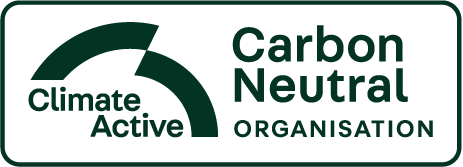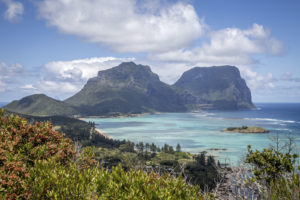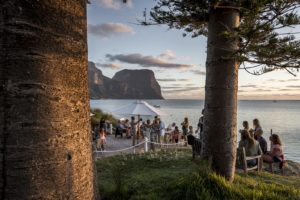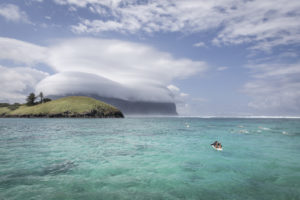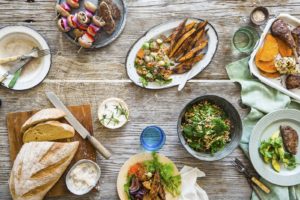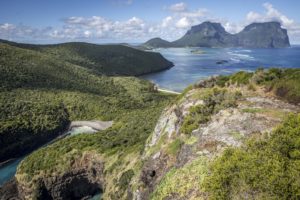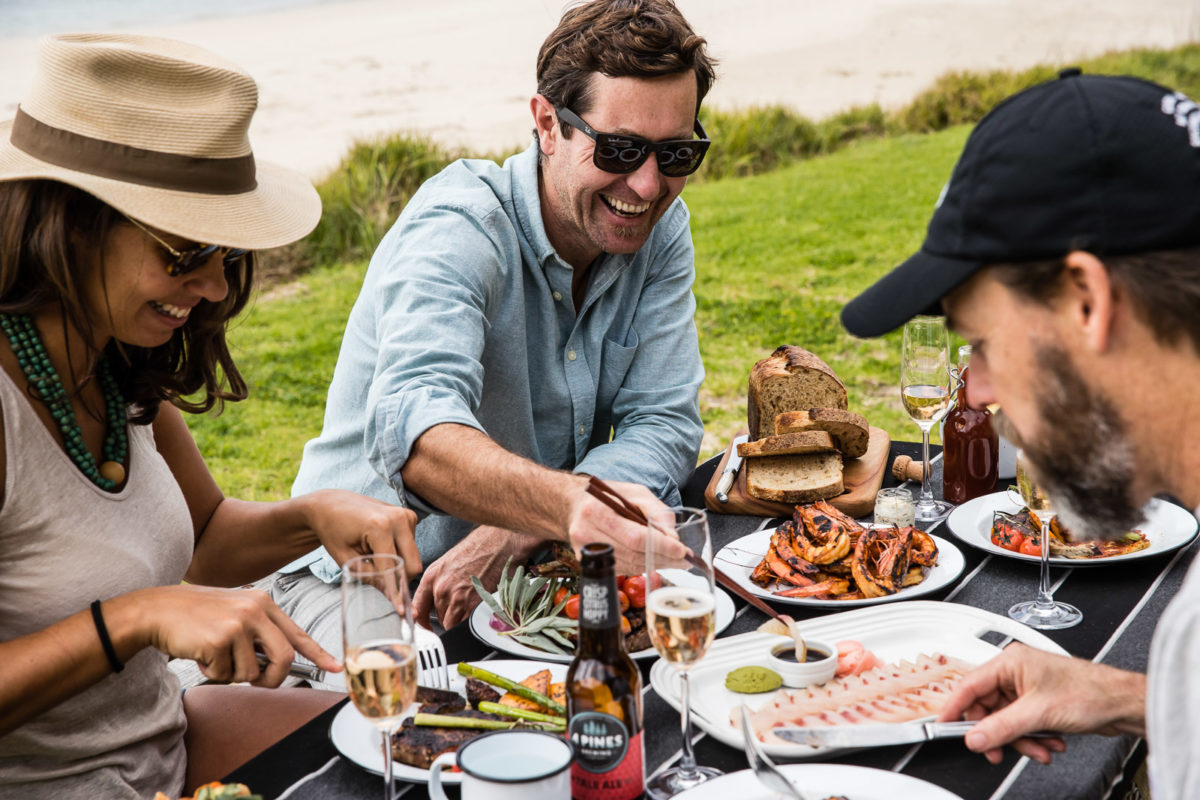Denis Corcoran joined Pinetrees in 2015 as the partner of Lara, our gun Brazilian chef. He had a law degree and an MBA, but was happy to work as a waiter – for about 3 days. By day 4, we realised what Denis already knew – he was going to run Pinetrees sometime soon. And he did.
Four years later, Denis is our indispensable right hand. He runs 30 staff, entertains our guests, manages us, and lives with the burden of being a dreaded ‘on-site manager’ in a remote location. He also imposes simple slogans like “this is a no-moan zone”, “let’s GSD” (get shit done), and some kiwi-isms that no one else understands – “that’s a box of fluffies”. Any ideas?
Despite his never ending enthusiasm for the All Blacks and podcasts, particularly podcasts about the All Blacks, he is one of us. There are probably three people in the world that we’d trust Pinetrees with, and he’s top of the list.
Denis’s story is worthy of an adventure biography, and is best told in his words…..
Where are you from?
I grew up in the deep south of New Zealand.
Where did you go to high school?
‘St Kevs’ in Oamaru
What did you do for fun as a teenager?
We’d visit dingy fish and chip haunts around our town and rate their homemade battered fritters and other deep fried selections. The ‘pièce de résistance’ was always the token “$1 chips” – how much did you get, what did they look like, and most importantly, how did they taste.
Where did you go to university and what did you study?
I studied Law at Otago University in Dunedin and then completed my MBA at Anglia Ruskin University in London many years later.
What did you do in your spare time at university?
I put myself through university, so I worked every spare moment I had. Every weekend (and some weeknights) I worked in the student bars in Dunedin. Each term break I would have a job lined up, from sheep farms – crutching and tailing lambs – to milking cows on diary farms. I worked a lot in our family pub, picking fruit in the Central Otago orchards, painting and plastering houses, and in the region’s hospitality scene. Over 4 years, I didn’t have much spare time!
List the countries you’ve travelled to
Europe – Spain, France, Italy, Holland, England, Wales, Scotland, Ireland
North America – Mexico, Guatemala, Honduras, Nicaragua, Costa Rica, Panama
South America – Colombia, Venezuela, Ecuador, Peru, Bolivia, Argentina, Chile, Uruguay, Paraguay, Brazil
Asia/Pacific- Thailand, Laos, Fiji
Africa – Kenya, Tanzania, Zambia, Zimbabwe, South Africa
Which countries have you lived in for longer than 6 months?
Panama, Nicaragua, Ecuador, Argentina, Ireland, England
What languages do you speak?
Portuñol – a mixture of Spanish and Portuguese
Tell a story about an unforgettable travel adventure you’ve had
I got robbed whilst traveling alone in Eastern Africa, at the tender age of 20. I was too proud to turn back to where I had been living/working, so I decided to continue over 3000km of open road, across 3 international borders, with no money and no passport. This was back in the days of travelling without cellphones or credit cards. I experienced real hunger, real fear and raw emotions. To this day, I haven’t told my mum what happened, and probably should. Hi Mum!
I felt very lonely, desperate, dejected, and at times, afraid. I sat in a prison courtyard and watched wooden clubs rain down on the soles of men’s feet. I got hauled out of buses that I had hitched rides with and led off into tin sheds in the darkness of night and interrogated at length. It was just after 9/11 and only a few months after the Tanzania and Kenya Al Qaida US Embassy bombings. I battled with the infamous layers of African bureaucracy in the stifling heat. My patience was taken to a new level and I was constantly reminded ‘there is no hurry in Africa Bwana’. I ran for my life across bridge borders. I got harassed by soldiers. Spat on by strangers. Stones thrown at me. Kids hissed ‘Osama’ at me as I walked down unknown roads. I hitched rides on modes of transport that nearly killed me.
I touched rock bottom, but along the way, I knew the experience was changing me for the better, instilling in me a steely sense of self belief and the power of perseverance. I also experienced multiple acts of genuine human kindness which eased the burden of my journey. It was this revelation that touched me the most. Humans are, by their very nature, kind and helpful. My faith in humanity was restored along the way. I learnt more about myself in those 6 days than I had in the first 20 years of my life, and the subsequent 17 years after.
Tell a story about a funny situation you’ve had while travelling
It was a typical hot and sweaty Costa Rican summer’s morning. I had the worst hangover and tequila fumes were seeping from my pores. I found myself hunched over in the back of a covered 4×4 jeep with my shoulder blades touching the roof. My neck was arched down forcing my gaze towards the broken bone protruding from the forearm of one of the members of my tour group. I was the guide – responsible for his wellbeing – and he had been beaten up and left for dead in a ditch outside our accommodation.
We were on the way to hospital an hour away down a pot hole ridden dirt track. When I thought it couldn’t get any worse, my nausea peaked and tequila flavoured sweat dripped down my forehead and onto my lips. Then the back doors flung open and the doctor slid in a heavily pregnant indigenous girl. Her waters had just broken and she’d gone into labour. I was now hunched over in an uncomfortable position, holding onto a broken bone and staring straight at a women in labour, all whilst battling the hangover demons within.
I felt weak, helpless and totally scared of what I had in one hand and what I may have to do with the other. As we hit the tarmac, the doctor bellowed ‘solo diez minutos’ from the driver’s seat, and the hangover demons I’d been fighting the entire time finally ambushed me. I fainted forward, and almost landed in between the open legs of the pregnant girl. In hindsight, I didn’t help the situation.
We pulled into the hospital A&E and I was the first to scramble out the back door, and disappear into the garden, while the real patients were escorted to help.
What other jobs have you had?
One of my favourite jobs was where I got paid to travel. I was an international tour guide – taking people around Central and South America for a couple of years. It was such a sweet job – exhausting, but awesome. I traversed all over the two regions, visiting iconic places, often several times over. From the highest waterfall in the world to the widest waterfall in the world, I saw some seriously spectacular places. I crossed international land borders every week for a couple of years and rode public transport the entire way, crisscrossing the continents in a non-stop adventure. The routes were mapped, marketed and sold as such, but it was up to me to organise the logistics. It was just the challenge I was craving for at that stage of my life, unfolding in a foreign language I was forcing myself to learn, going to places I had never been, and dealing with dozens of travellers I had never met every week.
What got you interested in hospitality?
I came from a proud family hospitality background. The history in our family’s country pub stretched back over 100 years in the rural back blocks of southern New Zealand. You could say it’s in my blood. Pinetrees is one of the oldest family hospitality businesses in Australia, and that resonates with me. I get it.
I never had planned on returning to work in this industry after university and living and working internationally for over a decade. It was only after a business venture fell flat with a friend of mine, where I spent all day, every day, behind a laptop, I came to the realisation that I missed people. So I gravitated back towards the frontline of an industry I knew so well and that I knew could give me the social contact I missed. To have an interest in hospitality, you must have a genuine interest in people.
What’s your perfect job?
I’d be an investigative journalist in an international development role – championing an issue that I’m passionate about. I guess I could also be a waiter again.
How do you spend your spare time?
I have an insatiable appetite for learning. I always have. University, learning a language, entrepreneurialism, completing a Masters, and more. If I feel I’m not learning something constructive and maximising the potential of each situation by increasing my knowledge base, I get restless. So a lot of my spare time is spent reading. Einstein summed it up eloquently when he said “the more I learn, the more I realise I don’t know”.
I gave up social media years ago because I felt guilty that I was wasting my valuable time pointlessly scrolling through other people’s food and baby photos when I could be spending that time learning. The older I get, the more I realise the less time I have. So I get up earlier, sleep less and choose how I spend my spare time more wisely.
Tell me some things that other people find interesting about you?
I haven’t been to a hairdresser in 22 years and have a bet going with a high school friend that I’ll never pay for a haircut for another 28 years. Along the way, I’ve learnt that it’s just hair. You get over a bad haircut quickly and it gives you a different perspective on the difference between looking good and feeling good.
And on that note, I try to meditate daily. State of mind is everything.
What have you done (even something really small…..) for humanity?
I’ve undertaken a lot of volunteer work in my life. Up until a few years ago, my CV was very volunteer work oriented, and I had to start balancing it with some ‘real work’. I think there is something beautiful about giving the most valuable resource of all – time – to someone who really needs it. Humanity is everywhere. Don’t be a dickhead. Box of fluffies.
Meet our staff – Luke Hanson
